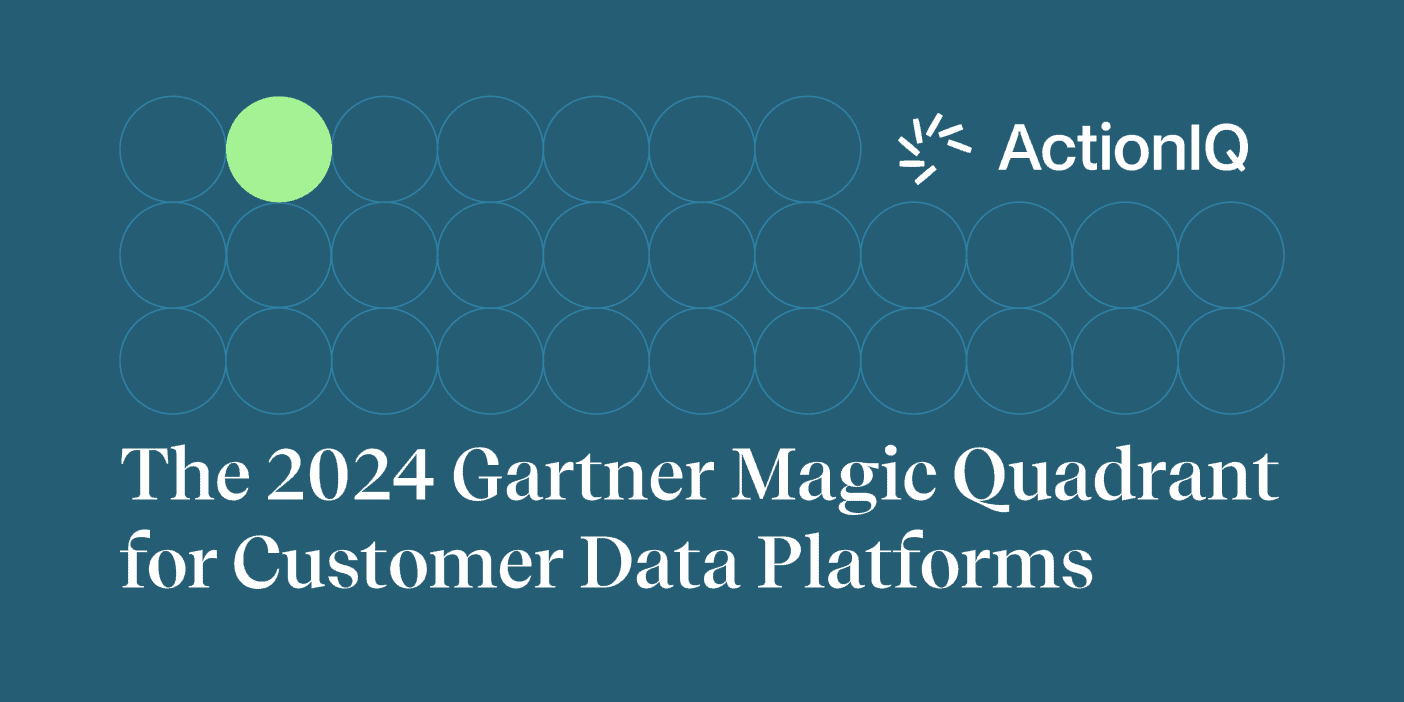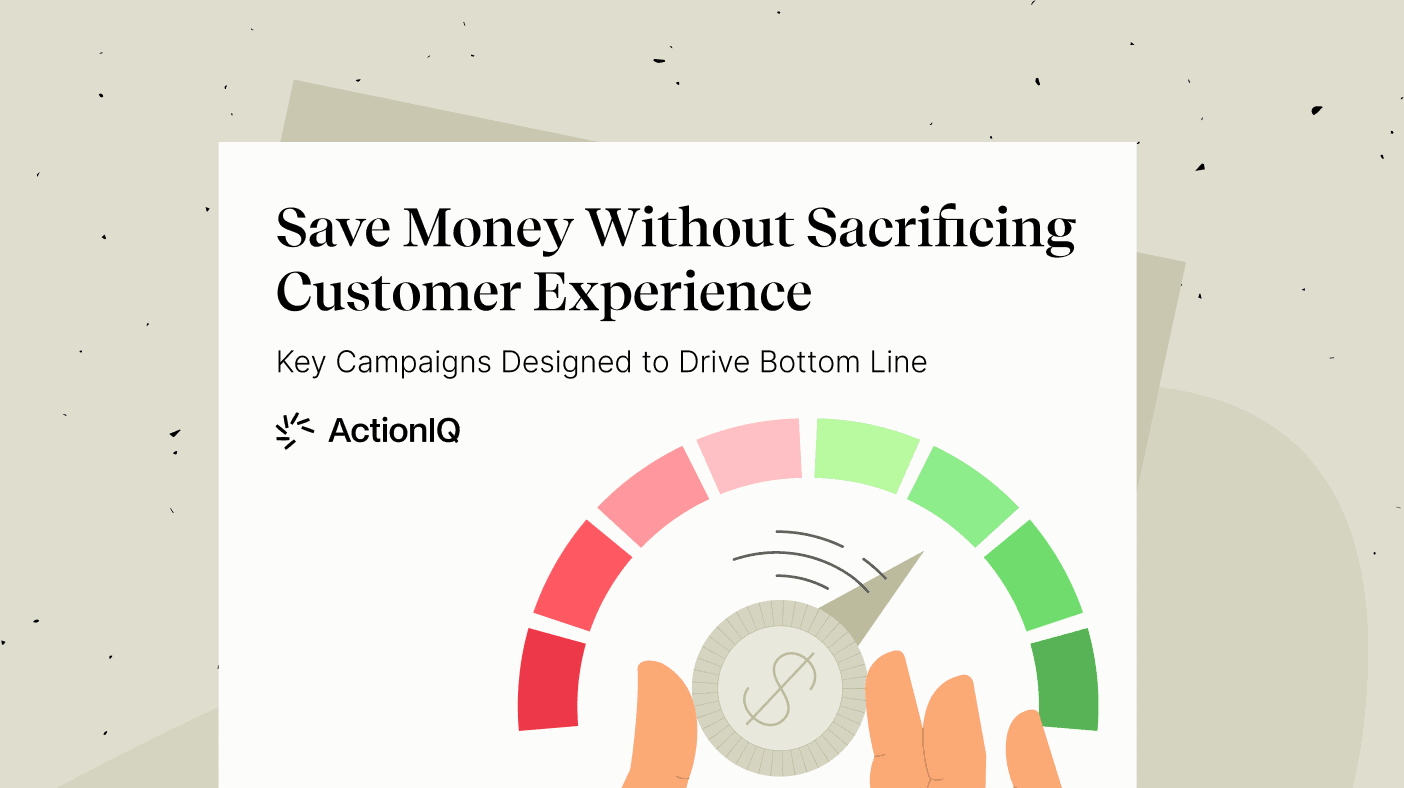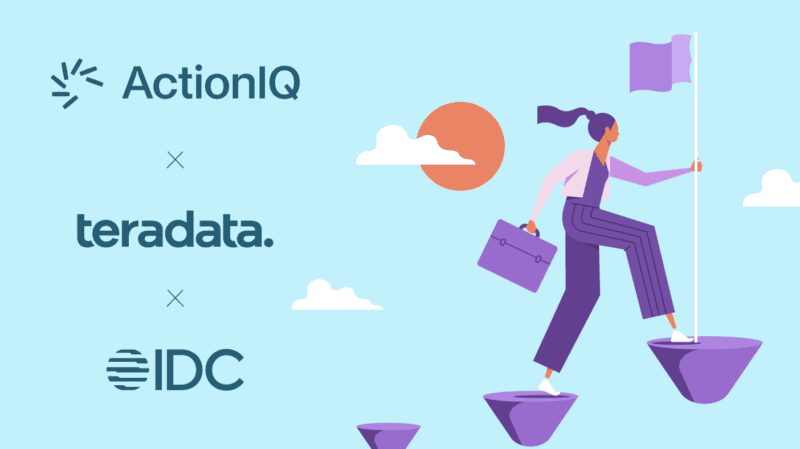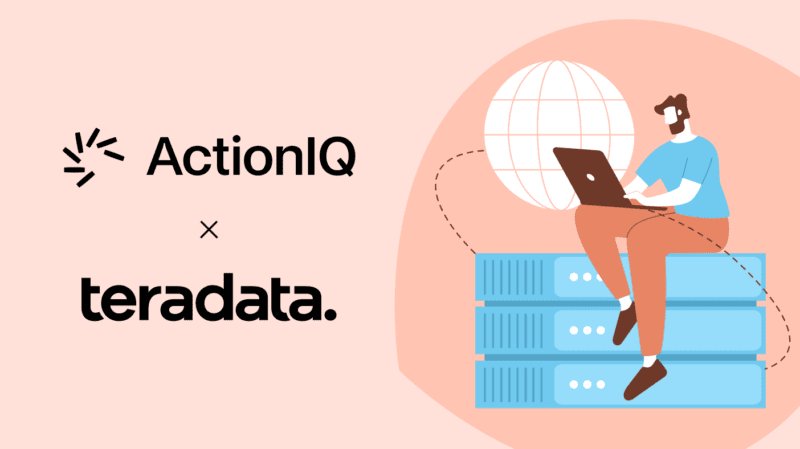Databricks Data + AI Summit 2023: 4 Key Takeaways
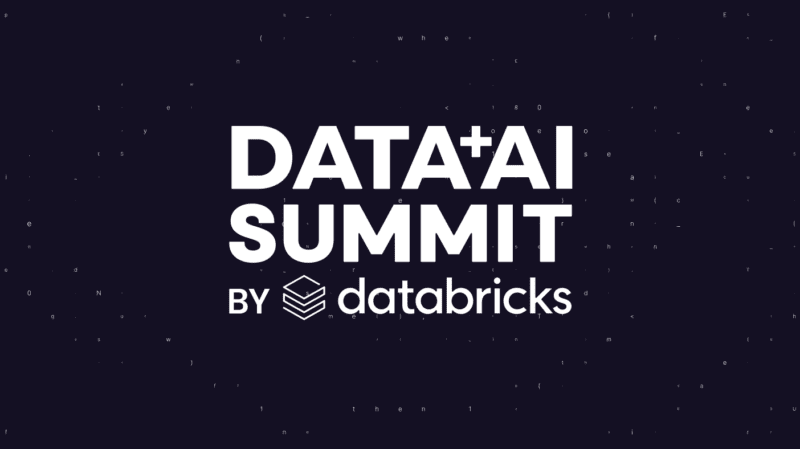
From meeting fellow data-obsessed professionals at our booth to partying at the Lakehouse in San Francisco with Databricks and sharing the stage with Northwestern Mutual to share our work with their team and Databricks — it’s safe to say we had an amazing time at the Databricks Data + AI Summit.
Our time in San Francisco started out with a big bang — we heard about announcements and innovations that are going to change the way businesses use LLMs across the customer experience, the 11+ product innovations including expansions to Unity Catalog, LakehouseIQ and more.
To get you caught up on the conversation, we put together key takeaways and trends from the Databricks Data + AI Summit 2023 that we’re excited to see evolve in the coming year.
Databricks Summit 2023: 4 Key Takeaways
1) Generative AI Will Change the Customer Experience
Databricks announced the intent to acquire MosaicML, a generative AI startup at the beginning of the Databricks Summit. This acquisition brings generative AI startup MosaicML’s proficiency with machine learning and generative AI to Databricks — in a massive step to democratize access to help businesses build LLMs with their customer data for less.
This acquisition is an extension of the Lakehouse strategy. With this acquisition, Databricks will have an offering for hosting custom LLMs as part of that same lakehouse architecture. That means Databricks offers products and services on the lakehouse that extend from ETL tools, to SQL analytics, to custom ML, and now to hosted LLMs.
There’s tremendous potential value to be realized in the application of generative AI to customer data, whether it be in novel new interfaces, predictive discovery of insights, or more automated decisioning of campaigns, just to name a few, and we’re excited to see how this acquisition accelerates that. (This is an excerpt from our full take on Databricks’s MosaicML acquisition).
“The hottest new programming language is English.”
Andrej Karpathy
2) Democratization Separates Innovations From Technologies — Intent Becomes Reality
What separates innovations from technologies? Democratization. This year we saw intent become reality, with Databricks’ longstanding intent to democratize access to data and access to AI.
In the keynote at Databricks Data + AI Summit, we heard how innovation takes off when its access becomes available beyond the few to the many — and this was certainly evident in their MosaicML acquisition intent. With many left scratching their heads to determine whether generative AI is a lasting innovation or a passing fad, the truth is that by lowering the cost barrier to design LLMs elevates it from innovation status to technology status.
Enterprise organizations will have the tools to take AI to that next level together by defining the context, terminology, specialized language and more to design and fine-tune custom models for their specific needs. This democratization with the added layers of governance and control for AI outlined by Unity Catalog announcements will set LLMs in stone as a growing standard — we expect this to become a lasting trend, and we’re excited to see its impact on the customer experience.
3) The “iPhone” Moment for Generative AI — We’re Early in the Journey
At the Databricks Keynote, Ali discussed how Open AI was the “iPhone” moment to bring generative AI to the public — but it’s still a work in progress. The awareness of the technology and its promises is out in the public, but we still have a long way to go before it’s enterprise-ready.
Databricks was very transparent: it is “demo-ready” and Databricks shared many generative AI related demos and product announcements. They are innovating and investing in many aspects of AI, but we are at the beginning of this journey and no enterprise company should assume that it’s already primetime.
4) Buzz Around Security and Compliance Sets a New Standard
Governance is complex — it carries highly specific and strict standards around security and compliance — but it’s non-negotiable. With fragmented data across applications and silos within businesses, technical teams struggle to maintain governance for their businesses across each touchpoint. But one major announcement around the addition of an Apache Hive API (an open standard for catalogs and open source for engines to have a common language) will become central to help businesses manage their workloads.
Three other major steps forward were announced at the Databricks Data + AI Summit including lakehouse federation, Unity Catalog for AI and AI for Governance. Within these initiatives, Databricks will help businesses connect data sources from any system to appear inside the UI, with a governed view of what users can do with that data. And with the announcement of expansions into generative AI and LLMs, Unity Catalog will give customers dashboards for Lakehouse monitoring and observability.
Databricks Summit: Building Foundations for Governance and LLMs Brick by Brick
In one word, the ActionIQ team is excited. We were excited to consider the possibilities of what LLMs will mean for the customer experience, and how it will open up opportunities to get insights, launch campaigns in a smarter way.
To learn more about how we partner with Databricks to bring solutions to business teams and activate their customer data, check out the ActionIQ x Databricks Solution Brief to see how you can maximize your Databricks investment.

